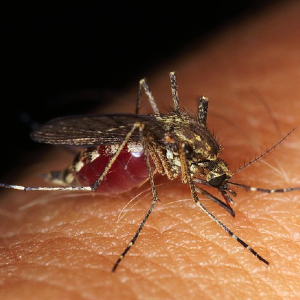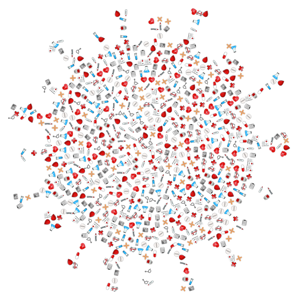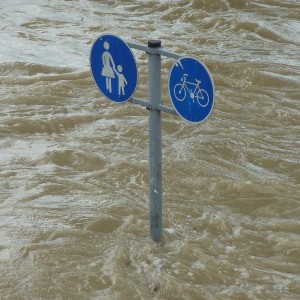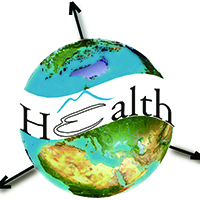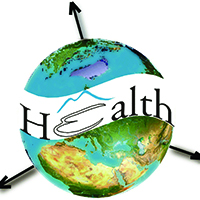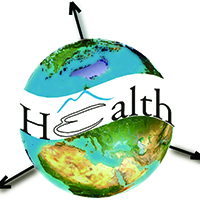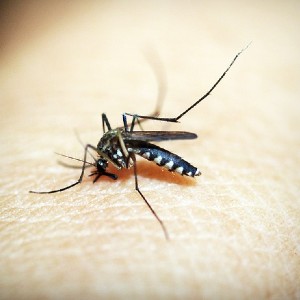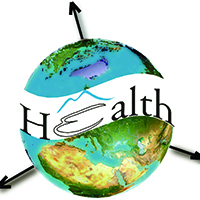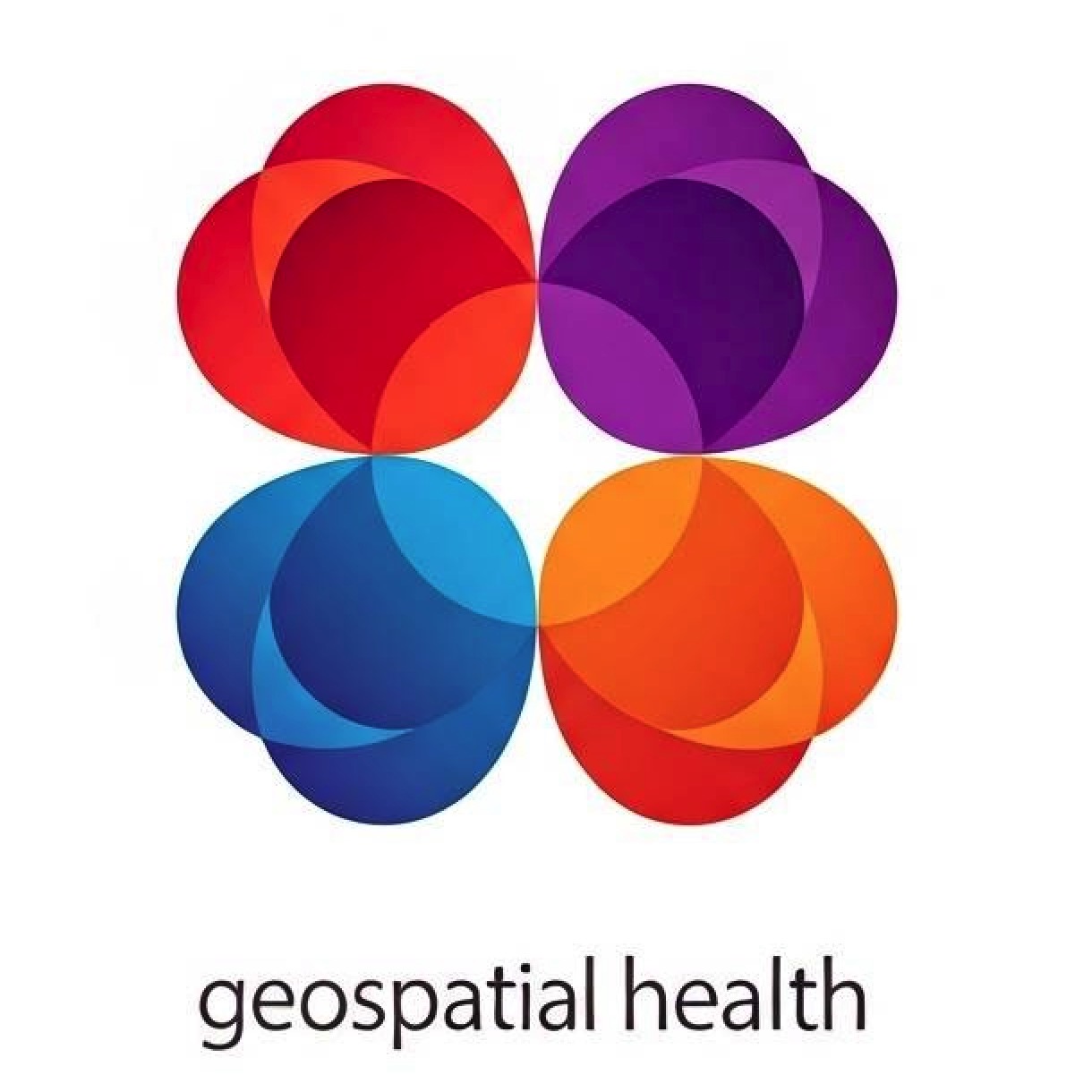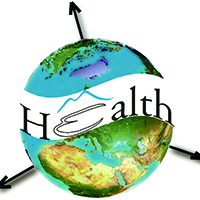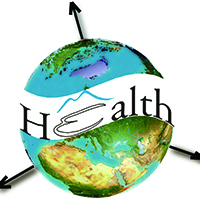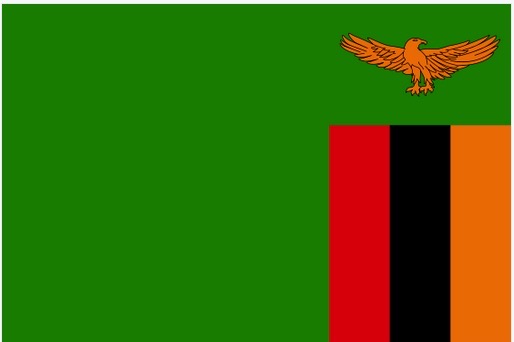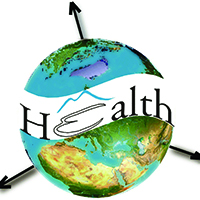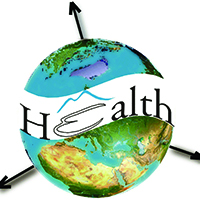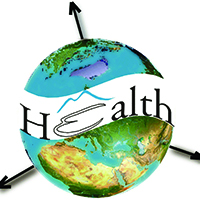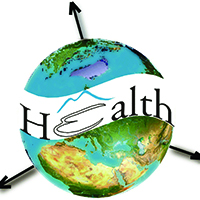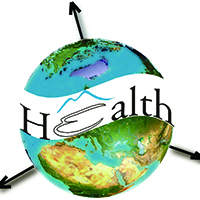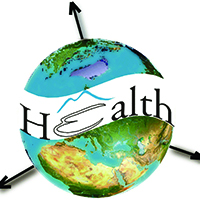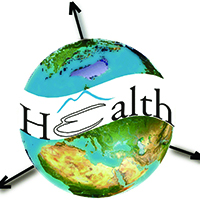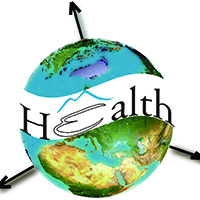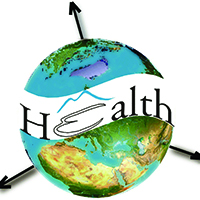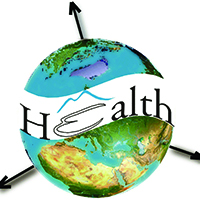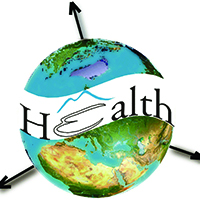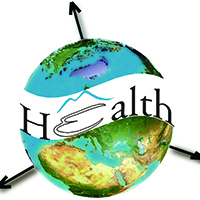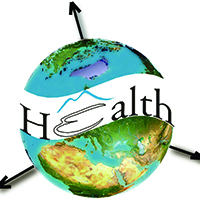FOR AUTHORS
Search
Search Results
##search.searchResults.foundPlural##
-
A dynamic, climate-driven model of Rift Valley fever
4222PDF: 1621Appendix: 482HTML: 1576 -
Assessing the effects of air temperature and rainfall on malaria incidence: an epidemiological study across Rwanda and Uganda
5914PDF: 2082Appendix: 542HTML: 3238Appendix: 193 -
Spatial air pollution modelling for a West-African town
3476PDF: 1382SUPPL. MATERIAL: 389HTML: 1078 -
Integrating agent-based disease, mobility and wastewater models for the study of the spread of communicable diseases
1770PDF: 424Supplementary Materials: 299HTML: 201 -
Preferential sampling in veterinary parasitological surveillance
1955PDF: 1434APPENDIX: 529HTML: 1032 -
To what extent does climate explain variations in reported malaria cases in early 20th century Uganda?
3823PDF: 1091Appendix: 456HTML: 1210 -
Dynamic location model for designated COVID-19 hospitals in China
831PDF: 230Supplementary Materials: 111HTML: 70 -
A topological multilayer model of the human body
3013PDF: 1035HTML: 1548 -
Prediction of dengue cases using the attention-based long short-term memory (LSTM) approach
1669PDF: 804Supplementary Materials: 101HTML: 32 -
A spatio-temporal study of state-wide case-fatality risks during the first wave of the COVID-19 pandemic in Mexico
1217PDF: 334Appendix: 166HTML: 28 -
Climate impact on malaria in northern Burkina Faso
2436PDF: 774HTML: 725 -
Where to place emergency ambulance vehicles: use of a capacitated maximum covering location model with real call data
2332PDF: 645Supplementary Materials: 108HTML: 75 -
Assessing spatial patterns of HIV prevalence and interventions in semi-urban settings in South Africa. Implications for spatially targeted interventions
1894PDF: 457Supplementary 1: 78Supplementary 2: 223HTML: 143 -
Making the most of spatial information in health: a tutorial in Bayesian disease mapping for areal data
6763PDF: 2268APPENDIX: 1076HTML: 5093 -
Spatiality in small area estimation: A new structure with a simulation study
1022PDF: 443Supplementary materials: 123HTML: 11 -
Intra-urban differences underlying leprosy spatial distribution in central Brazil: geospatial techniques as potential tools for surveillance
1109PDF: 506Supplementary Materials: 45HTML: 11 -
Impacts of sample ratio and size on the performance of random forest model to predict the potential distribution of snail habitats
1739PDF: 646Supplementary Materials: 72HTML: 37 -
Spatiotemporal transmission and socio-climatic factors related to paediatric tuberculosis in north-western Ethiopia
3352PDF: 1115APPENDIX: 353HTML: 838 -
Ecological characterization of a cutaneous leishmaniasis outbreak through remotely sensed land cover changes
1482PDF: 677Appendix: 97HTML: 30 -
Random forest variable selection in spatial malaria transmission modelling in Mpumalanga Province, South Africa
3817PDF: 1488APPENDIX 1: 408APPENDIX 2: 396HTML: 1638












